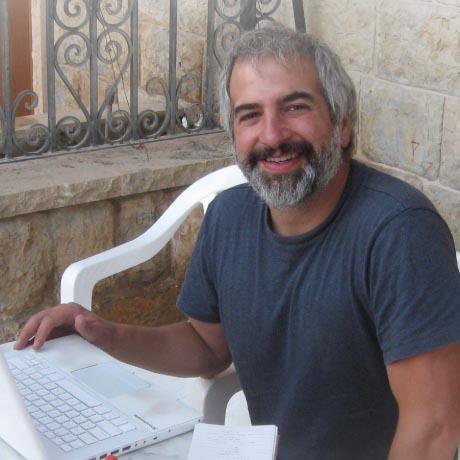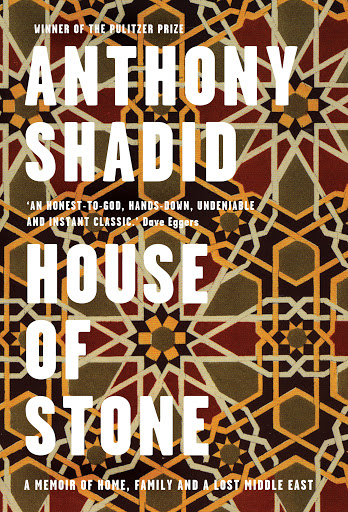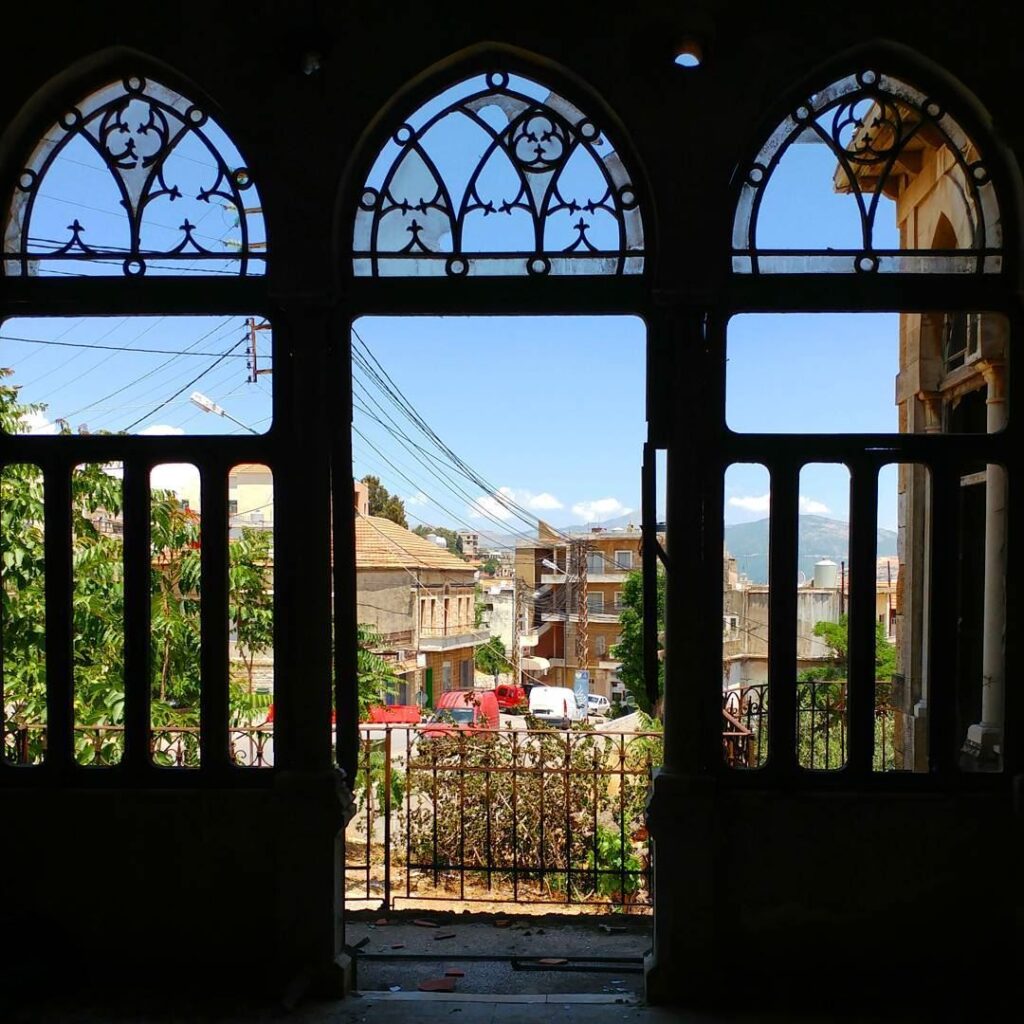by Barbara Nimri Aziz updated Dec. 2020
In a short obscure film clip from our mourned brother Anthony Shadid, the award winning writer spoke with a compassion and honesty that tell us something about the man not only as the famous journalist but also as an Arab.
Of course Shadid’s writings offer ample testimony of his talent. But in this 75 second clip, transcribed here from the film, we witness a little heard side of Shadid, where unlike his objective reports from the war front, he’s trying to help us more deeply understand Arab peoples.
“The Arab world” he says, “has been most resistant to colonialism of any region in the world…. I was in Cairo after 9/11 and… let me put this in the right way… whatever injustice 9/11 might have been…ummm ….I want to be really careful with this” (Shadid hesitates for a full 14 seconds, then continues cautiously)… “I think there was a notion, maybe, in Cairo– I’m not saying it’s right or wrong—but I think there was a notion in Cairo that the injustice that is such a part of the landscape in the Middle East, Americans had finally glimpsed the same injustice I think Arabs feel they have experienced for a generation or more at this point.”

Shahid knew he was broaching a taboo subject—any hint of anyone’s endorsement of the 9/11 strike on the USA. Yet he had the courage to say what he did, those pauses in his statement surely revealing a man of tenderness and integrity.
Valentino’s Ghosts is a documentary film that includes Anthony’s commentary (above) where he examines how Arabs are portrayed in the West from the early 20th century to the present. A sympathetic, intelligent survey of high filmic and scholarly quality, Valentino’s Ghosts was commissioned for distribution through a major US television network. But you won’t be able to see Valentino’s Ghosts. The network cancelled it, not for what Shadid opines but because it offers certain truths about Palestine and Israel’s history. Due to be screened nationwide this winter, the film was abruptly withdrawn because of its unfavorable portrayal of Israel, I am told.
I personally was in touch with Anthony over a decade ago, just before he was to make his first visit to Syria. I had approached him with an invitation to join our board of directors of The Radius of Arab American Writers when I was its director. Anthony wanted to support our work but was about to depart on an extended overseas assignment. Indeed, soon afterwards (2003) he began his reporting on the US invasion and occupation of Iraq. His writing was of course exceptional and earned him two Pulitzer awards (2004 and 2010).
In all his work Shadid unarguably demonstrates his mettle in working in the complex machinations of the Arab World and his sympathies there, telling stories all of us we needed to know, at the same time keeping free of Zionist pressures that besiege and destroy so many fine academics and writers.
Although Shadid didn’t belong to any Arab journalists’ associations I know of, he doubtless inspired many of us to seek careers in journalism. He would be proud of those who follow him into the profession. Now, after his loss to us, many more young Arabs may become determined to carry on his legacy as frontline journalists and writers.

Shadid has left us an autobiography, House of Stone. Due for release soon, it is certain to be another milestone. It’s a story of his return to his ancestral village in Lebanon, not to visit but to rebuild and to live, demonstrating his belief in the Arab homeland. Another example of his exceptionality.
How ironic that this journalist perished from a childhood disease, asthma. Although he spent his life covering the human side of wars our people live inside and where they too die from common illnesses. Then there is always the danger of being felled by bullets when choosing to work in our eternal conflict zone.
Yet, we face a mean political foe as well. One wonders: had Shahid remained in this region and continued to excel, would he fall prey to the ideological forces that took out many of our finest reporters, among the most recent Helen Thomas and Olivia Nasr?

